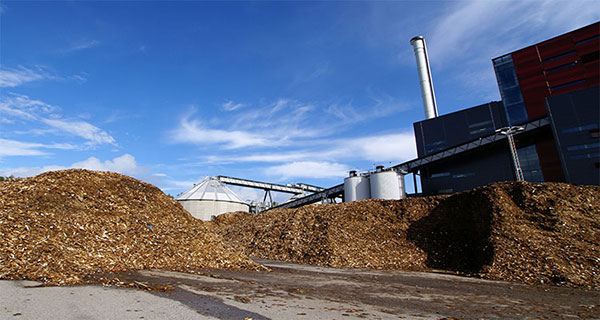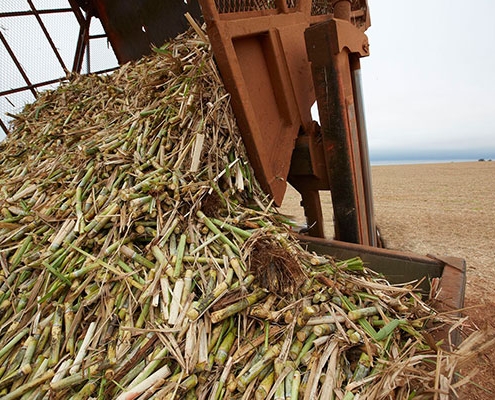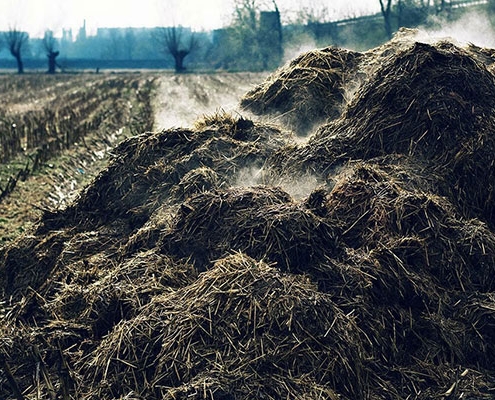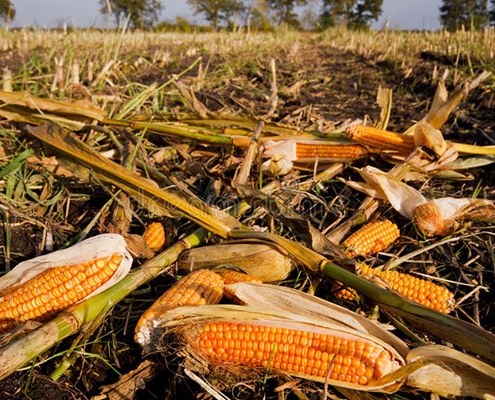Agricultural waste solutions
AGRICULTURAL WASTE INTRODUCTION
Agricultural waste refers to the solid waste originating from the crop itself during the process of planting, harvesting, trading, processing, and eating. It mainly includes crop straw and processed residues such as vegetables, melons and fruits, such as straw,rice husk,cuttings, stubs, weeds, fallen leaves, fruit shells, peanut shells, bagasse, etc.
CURRENT SITUATION
With the rapid development of China’s livestock and poultry breeding industry, especially in suburban, rural, industrial and mining areas, the scale of livestock farms is getting larger and larger, the degree of intensification is getting higher and higher, and the direct discharge of a large number of livestock and poultry manures has caused the deterioration of agricultural ecological environment.
The scale and output value of China’s aquaculture industry have undergone tremendous changes in recent years. Many large and medium-sized intensive farms have been established in the suburbs. The number of livestock and poultry has soared and the amount of manure has increased. The discharge of livestock and poultry manure has become one of the three major sources of water pollution alongside industrial wastewater and domestic sewage. With the further development of the aquaculture industry, the discharge of livestock and poultry manure will further increase, and the resulting environmental pollution will be more serious. Livestock, poultry and manure contain a large amount of organic matter that is not digested and absorbed by animals, and it is harmful to the atmosphere, water and soil.
The use of traditional livestock and poultry manure is the organic fertilization of livestock manure and the reuse of livestock manure. The use of livestock and poultry manure can be used as a source of energy in addition to composting and biodegradable methods to achieve feed utilization. The methods of traditional energy utilization have their own drawbacks, such as incineration and heat production, because of the high moisture content of the manure and the difficulty of drying, it takes a lot of energy to convert into fuel. If it is not fully utilized, it is easy to cause air pollution; For biogas utilization, how to improve biogas has not been solved; Power generation uses the livestock manure to be incinerated in a non-polluting manner, and then power generation, and the ash generated during the incineration can also be used as a high-quality fertilizer. The use of fecal combustion replaces non-renewable resources such as coal, oil and natural gas in many ways. It not only saves resources but also protects the environment. It has multiple prospects and has broad prospects. But how to increase the power generation rate is a key.




